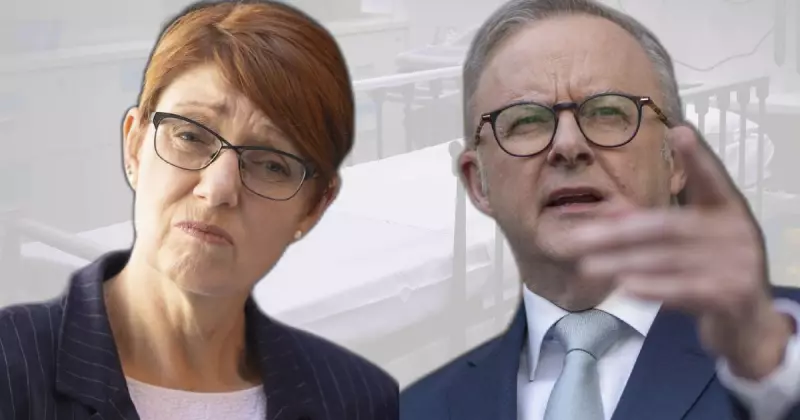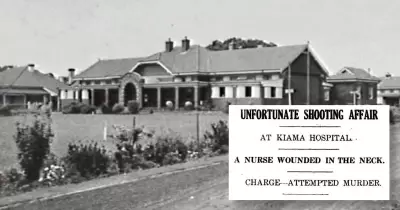
Hospital Bed Blockage Crisis Hits Canberra
ACT Health Minister Rachel Stephen-Smith has publicly criticised Prime Minister Anthony Albanese over federal funding arrangements, revealing that dozens of patients in Canberra hospitals are currently stranded while waiting for aged care beds. The situation has reached critical levels, with hospital resources being stretched beyond capacity.
On October 29, Canberra Health Services confirmed that 70 public hospital patients were at various stages along the residential aged care home transition pathway, effectively stuck in hospital beds despite being medically ready for discharge.
Funding Dispute Escalates Between Governments
The conflict came to a head when states and territories united on Wednesday to coordinate their response against the federal government as hospital funding negotiations continue to stall. While state and territory governments are responsible for public hospitals, the Commonwealth handles GP services, aged care, and the NDIS.
Ms Stephen-Smith expressed frustration at the Prime Minister's suggestion that states and territories should reduce public hospital activity in exchange for additional Commonwealth funding. "Telling us to turn off the tap to our public hospitals at the same time we're seeing increased activity in our emergency departments and we all have pressure on our elective surgery waiting lists, it just doesn't make sense to us," she stated.
The Health Minister highlighted the practical impossibility of cutting back hospital activity, questioning where such reductions would even be feasible given current healthcare demands.
Systemic Pressures Mounting
Ms Stephen-Smith pointed to several key areas where she believes federal underinvestment is directly contributing to the strain on Canberra's hospital system. She identified three primary pressure points: lack of access to aged care beds for discharging long-stay older patients, insufficient NDIS packages for participants needing safe discharge, and limited access to primary care services that could prevent hospital admissions in the first place.
The situation reflects broader national trends identified in a July 2025 report by Create Health Advisory, commissioned by state and territory treasurers. The report specifically highlighted "growing cohorts of stranded patients in public hospitals" as a major driver of escalating public hospital costs.
Additional factors compounding the crisis include high inflation affecting healthcare costs, significant workforce shortages across the healthcare sector, and an ageing population requiring increasingly complex medical care.
Funding Percentage Decline Despite Dollar Increase
Budget analysis reveals a concerning trend in Commonwealth contributions to territory public hospital funding. According to ACT budget papers, the federal government covered nearly 45 percent of territory public hospital costs in 2019-20, but this contribution has steadily declined to 36.5 percent in 2024-25.
Even more alarming are projections for the current financial year, which estimate the Commonwealth's contribution will drop to just 33.4 percent. While the actual dollar amount has increased due to rising healthcare costs, the percentage share has significantly decreased.
This decline comes despite a federal government promise two years ago to fund 45 percent of public hospitals by 2035, creating a substantial gap between commitment and current reality.
The Prime Minister defended his government's record at a media conference on Wednesday, acknowledging that "it's not surprising premiers want more money" while emphasising his government's investments in aged care and Medicare. Mr Albanese suggested that reforms already implemented would eventually show results, stating "Now that we have these reforms in place, you will see that change take place."
However, with 70 patients currently caught in the transition between hospital and aged care, Canberra's healthcare system continues to operate under severe pressure, highlighting the urgent need for coordinated solutions between state and federal governments.






